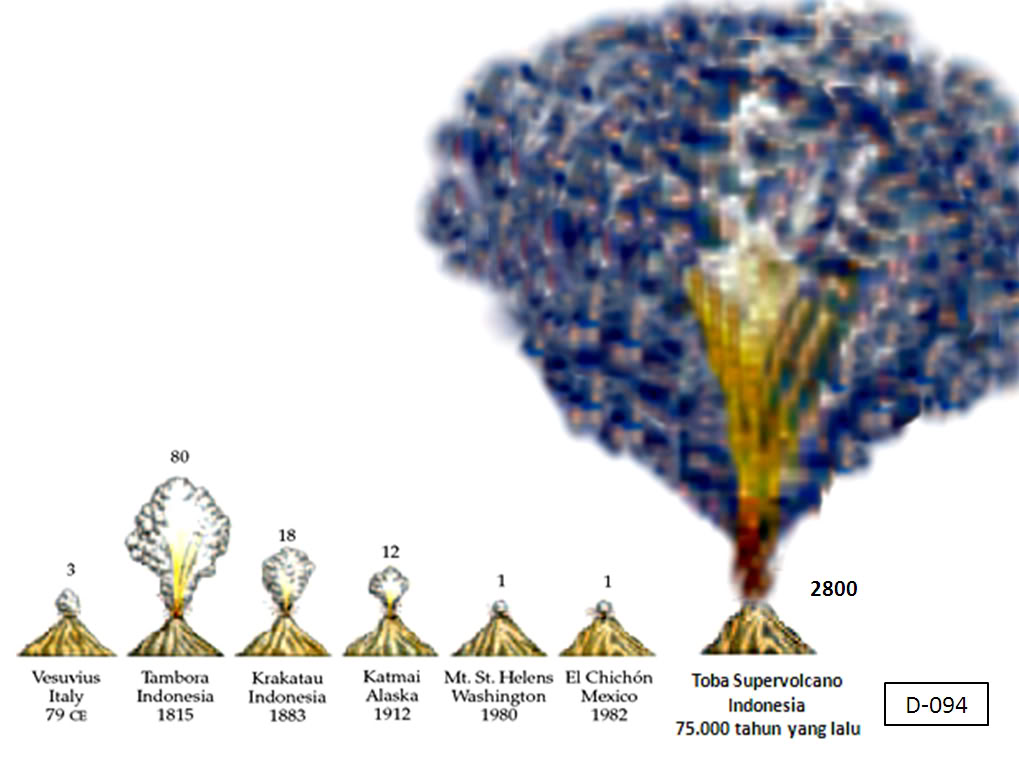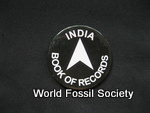@WFS,World Fossil Society,Riffin T Sajeev,Russel T Sajeev
According to the Toba catastrophe theory, modern human evolution was affected by a recent, large volcanic event.
Within the last three to five million years, after human and other ape lineages diverged from the hominid stem-line, the human line produced a variety of human species.
According to the Toba catastrophe theory, a massive volcanic eruption changed the course of human history by severely reducing the human population.
This may have occurred when around 70–75,000 years ago the Toba caldera in Indonesia underwent a category 8 or “mega-colossal” eruption on the Volcanic Explosivity Index.
This may have reduced the average global temperature by 3 to 3.5 degrees Celsius for several years and may possibly have triggered an ice age.
This massive environmental change is believed to have created population bottlenecks in the various species that existed at the time; this in turn accelerated differentiation of the isolated human populations, eventually leading to the extinction of all the other human species except for the branch that became modern humans.



 September 7th, 2017
September 7th, 2017  Riffin
Riffin 
 Posted in
Posted in  Tags:
Tags: 